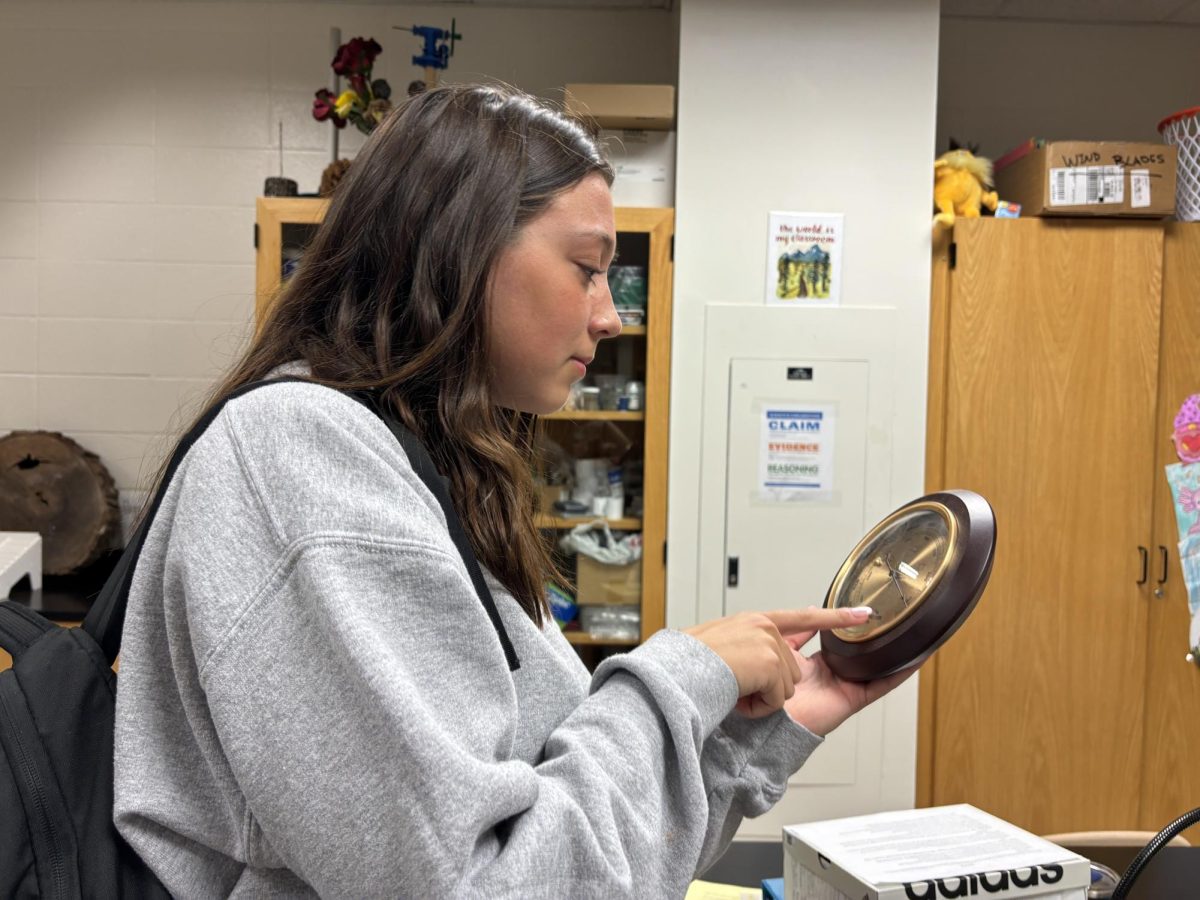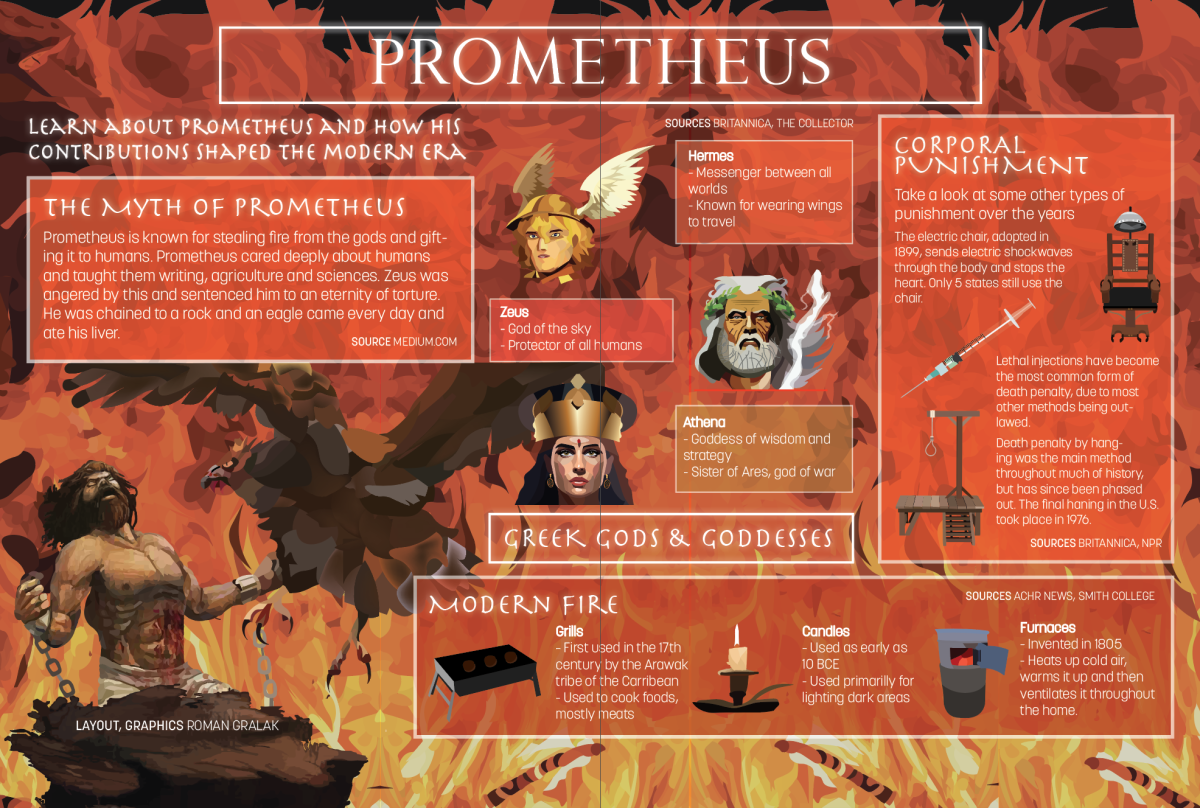If you are on social media at all, you probably spent all summer seeing videos and posts about “Oppenheimer,” the three-hour-long biopic about J. Robert Oppenheimer and the Manhattan Project. “Oppenheimer” was one of 2023’s most anticipated films. It seemed like the entire world was ecstatic about this movie. People raved about the all-star cast, its shared release date with “Barbie,” and, of course, the history-buff-science-bros had to add their two cents about how historically accurate the movie was.
Before I watched “Oppenheimer,” I knew very little about the actual story. I knew it had something to do with the atomic bomb and that was about it. I assumed, like in all other biopics, that the director, Christopher Nolan, took creative liberties while directing the movie. Still, according to most experts, the majority of the movie is incredibly accurate. In fact, one of the biggest sources of praise for “Oppenheimer” was how accurate it was. However, as people began to dig deeper within the folds of Oppenheimer’s actual story, complaints began to arise.
Many complained about the overdramatization of Oppenheimer’s affair with Jean Tatlock, as well as the lack of acknowledgment for the Japanese people affected by the bombing of Hiroshima. Both of these issues sparked questions about the legitimacy of the details of the movie and also whether it is ethical or not for directors to take similar creative liberties.
While it is literally impossible to perfect every single detail of a story for a movie, it is still incredibly crucial to be as accurate as possible. Elements of historical and biographical accuracy are all a part of maintaining ethical conduct in the biopic-making process. “Oppenheimer” does a good job of staying close to the story’s roots, but several other biopics have admittedly not.
For example, the Netflix film “Blonde,” starring Ana de Armas as Marilyn Monroe, received intense backlash from critics, devoted Monroe fans and the general public. To start, the movie’s inspiration is a fictional biography of Monroe. The content in the movie is completely falsified from the start, and those who don’t know much about Monroe walk away from the movie with a fabricated image of her. The director oversexualizes Monroe and displays her life through an obscured lens. By the end of the movie, her true personality and story remain completely untouched.
When movies portray real people in a completely different light, their legacies and lives are no longer theirs. Since most biopics are about people who have long since died, there is often no one alive to confirm or deny the authenticity of the story.
Directors of biopics’ main priority should be to maintain accuracy and to preserve the legacy of the subject of the movie. The most celebrated biopics are the films that the subject or their family members are the most involved with. “Elvis,” the wildly successful Elvis Presley biopic from this year, received eight Oscar nominations, and director Baz Luhrman directed it with the full consent and support of the Presley family. “Blonde,” however, only received one nomination along with all of the backlash it received.
Moviemakers must be able to make films about real people with integrity, and if they can’t, then the movie shouldn’t be made. They are not meant to manipulate a real person’s story to entertain people, especially when that person is not alive to defend themselves. Making overdramatized movies for the sake of making more money is not only dishonest, but it is harmful and exploitative. There is no excuse for making an inaccurate biopic, and we must hold directors accountable.












